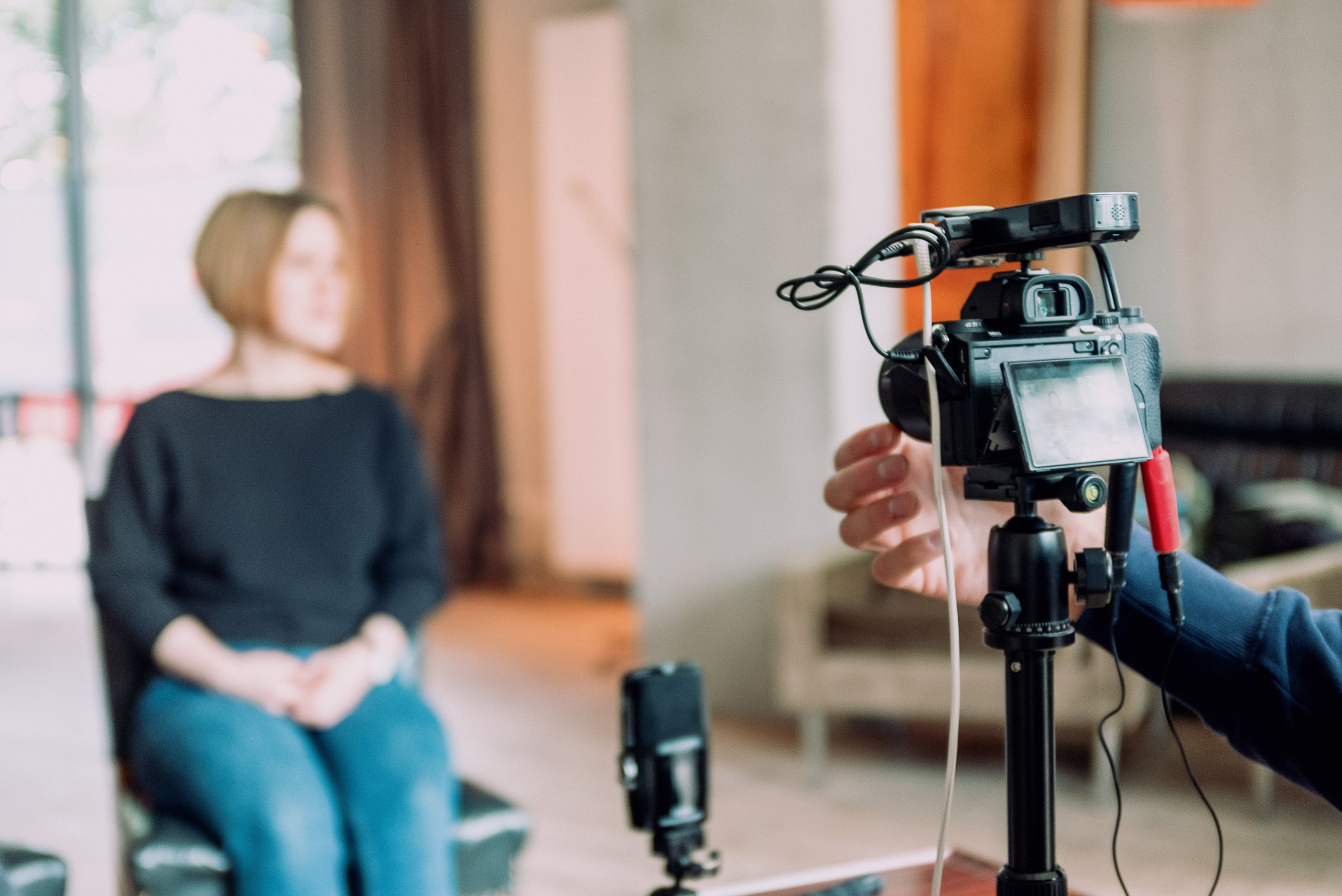5 Minute Read
By Glen Higson, Founder and MD of Business Insight 3
In 2021 much like everyone else in the UK, Bi3 were bombarded with multiple and sporadic lockdowns. Like many businesses we have faced the question “has the pandemic changed the way employees and by extension, the UK public, changed the way we see working hours and how we interact with the work environment”? Bi3 was no different and this article will look at how we came to the conclusion, that yes, changes needed to be made for the benefit of the company as well as the employee’s mental and physical wellbeing.
Bi3 has now begun a trial of new working hours as well as flexible working options which allow the Bi3 team to adapt and take more responsibility for how they wish to work. Keep reading to find out the Bi3 process behind this decision…
Engaging, Listening, and Responding to your Team
March 23rd, 2022 marked the second anniversary of the first Coronavirus lockdown. That announcement meant that we all entered a whole new world without any experience of how to manage the situation and without any indication of when it might end.
Like many companies, Bi3 reacted in the best way it could be setting up home working for our employees, putting internal communication plans in place, and making sure we stayed connected to both suppliers and customers.
Engaging with the team
At the end of the first lockdown, we were interested to understand more about what our employees felt about the whole experience. We issued a questionnaire and asked for an open and honest appraisal of the following areas.
- Company communication of the process
- Impact on the Company – Positives and negatives
- Impact at a personal level – Positives and negatives
- General thoughts, comments, and suggestions
Following an evaluation of the results, it became clear that, despite some negatives, there was much positivity to take from home working and that it was highly likely that in the future our working practices would change. Throughout the following two years, we continued to experiment with flexible working whilst juggling the various lockdowns and restrictions.
Responding to the business needs and employee wants
On the return to “normal” business earlier this year, we again discussed our working practices. It was decided that the Management Team should take ownership and put together a proposal. Following a review of the proposal, the following changes are being implemented, commencing in April this year.
- Working Hours – Reduction to 9-5pm5 pm Monday to Thursday and 9-4.30 pm Friday.
- Flexible Working – Option to work one day or two half-days from home Tuesday -Thursday
We strongly believe that there will be serious benefits to both the company and to individuals. Not least the benefits of an improved work-life balance, a positive impact on employee mental health, a more energized workforce, reduced travel costs to both employees and the company, and a reduction in the impact on the environment.
Conclusion
There is much evidence available that the reduction in working hours and a flexible working environment are beneficial to the health of employees without a loss of productivity for the company. However, there is much to consider before implementing such changes including any effect on customers, suppliers, and practical aspects like deliveries. Does it work for all employees? How do you manage the mix of employees working from the office at any given time? How do we communicate trust in employees working from home?
By making the whole exercise inclusive to the whole team we believe we have managed to work through the potential pitfalls, elicited a real-world view from the employees, and eventually developed a practical and workable scheme. The initiative is under a three-month review with input welcomed from all company parties, however, we are confident, at this earlier stage, that the changes will be fully implemented to the benefit of all.
Business Lessons
- Providing employees with a “voice” and ownership of the issue.
- Developing an inclusive culture
- Building trust
- Creating communication channels
- Listening and responding to employees
The future of work has changed, and it will continue to evolve further, for example, there is a four-day-week pilot scheme running across the world, including 30 companies in the UK. We believe that the steps we have already taken will prepare us well for future developments.


 Top 5 Easiest Ways to Improve your Presentation Skills
Top 5 Easiest Ways to Improve your Presentation Skills